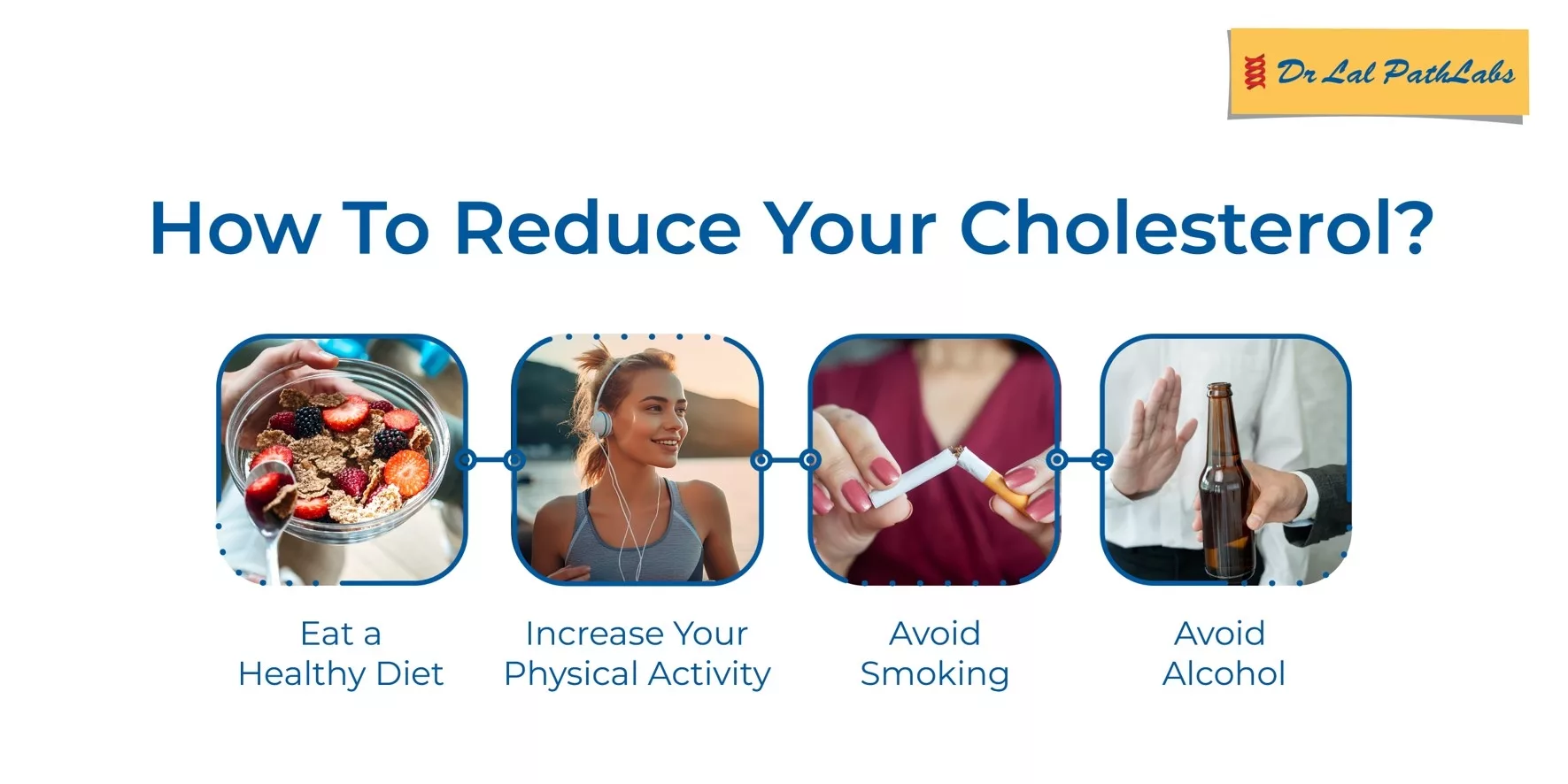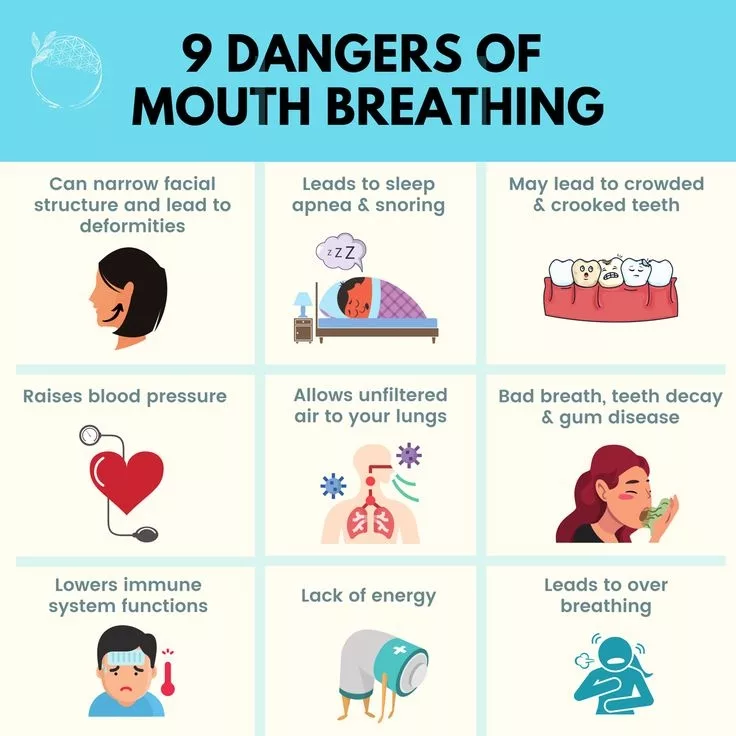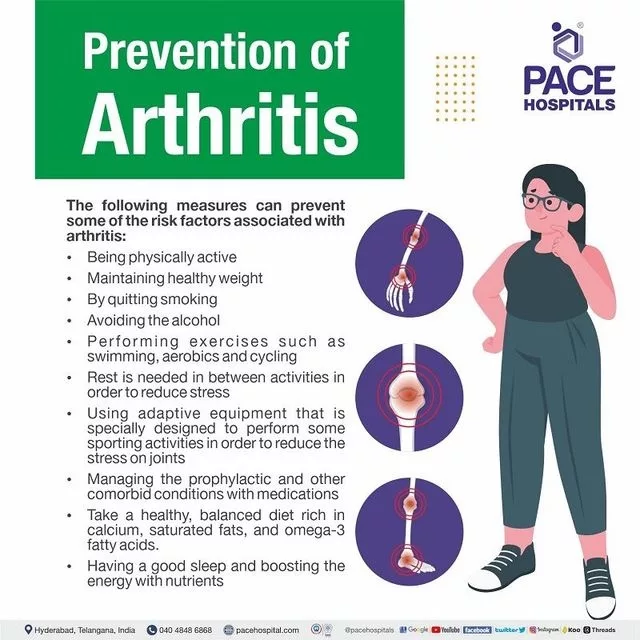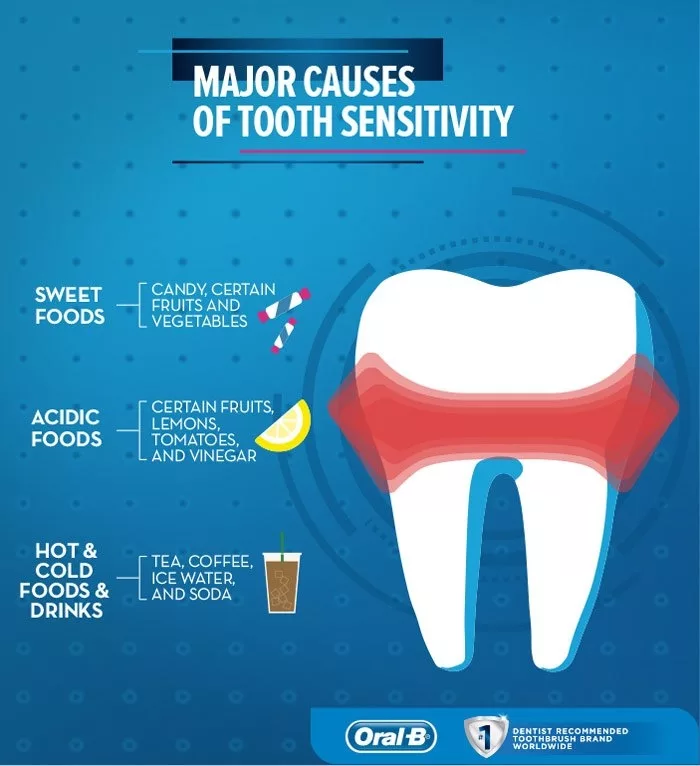Cholesterol
Types of Cholesterol That Threaten Vascular Health and How to Improve It
Hello! Many of you are probably realizing the importance of health these days, especially with increasing interest in cholesterol. Today, I want to discuss the types of cholesterol you need to know to protect your vascular health and ways to improve it. Let’s explore together and start making small changes for a healthier life!
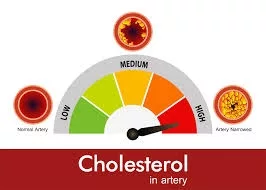
Basic Understanding of Cholesterol
Cholesterol is a fatty substance that plays an essential role in our bodies, forming cell membranes and contributing to the synthesis of hormones and vitamin D. It is naturally produced in the body and is also found in food. Cholesterol is divided into high-density lipoprotein (HDL) and low-density lipoprotein (LDL), and these two types have different effects on cardiovascular health. While an appropriate level of cholesterol supports bodily functions, excessive levels can increase the risk of cardiovascular diseases. Therefore, understanding and managing cholesterol is a vital element for maintaining a healthy life.
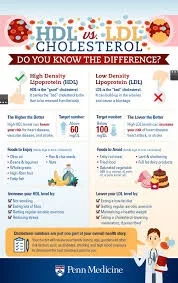
The Relationship Between Vascular Health and Cholesterol
Vascular health is closely related to overall health, and cholesterol levels are at the center of this relationship. When LDL cholesterol levels are too high, it can accumulate in the walls of blood vessels and form plaques, leading to atherosclerosis. This condition narrows blood vessels and restricts blood flow, increasing the risk of heart disease and stroke. Conversely, HDL cholesterol helps remove LDL from the blood vessels, protecting cardiovascular health. Thus, maintaining healthy cholesterol levels is crucial for normal vascular function and disease prevention.
The Risks of Bad Cholesterol: LDL
Low-density lipoprotein (LDL) cholesterol is commonly referred to as “bad cholesterol,” and high levels are recognized as a major risk factor for cardiovascular diseases. LDL can deposit in the walls of blood vessels, forming plaques that narrow the arteries and impede blood flow. This increases the risk of diseases such as heart disease, myocardial infarction, and stroke. It is essential to reduce the intake of saturated and trans fats in your diet and to have regular check-ups to manage LDL levels. This approach can protect cardiovascular health and prevent diseases.
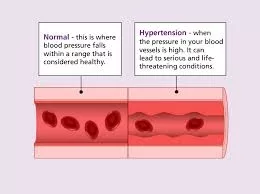
The Functions and Roles of Good Cholesterol: HDL
High-density lipoprotein (HDL) cholesterol is known as “good cholesterol” and has a positive impact on cardiovascular health. HDL helps transport cholesterol from the blood to the liver for excretion, reducing the levels of LDL cholesterol that accumulate in the blood vessels. Therefore, it is desirable to maintain high HDL levels. Generally, a healthy diet, regular exercise, and weight management can help increase HDL levels. In particular, consuming foods rich in omega-3 fatty acids can naturally boost HDL levels.
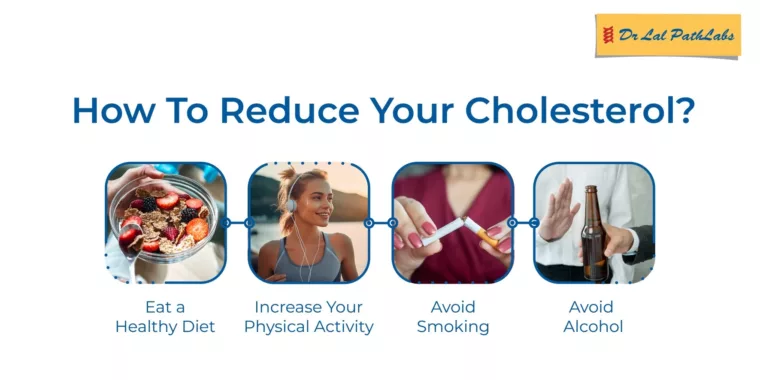
The Impact of Triglycerides and the Need for Management
Triglycerides are a type of fat in the blood that serves as an energy source, but excessive levels can be harmful to health. High triglyceride levels increase the risk of cardiovascular diseases and can lead to various health issues such as fatty liver and pancreatitis. To manage triglyceride levels, a balanced diet and regular exercise are essential. It is particularly important to reduce the intake of sugars and refined carbohydrates while choosing foods that include healthy fats. Additionally, limiting alcohol consumption can help lower triglyceride levels and maintain overall health.
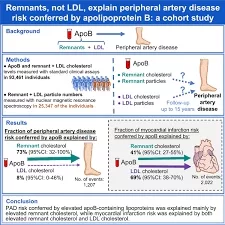
Diet for Healthy Cholesterol Levels
Choosing the right foods is crucial for maintaining healthy cholesterol levels. You should consume foods rich in dietary fiber, such as fruits, vegetables, whole grains, and healthy fats found in fish or avocados. Reducing the intake of saturated and trans fats while including unsaturated fats, such as olive oil or nuts, is recommended. Moreover, minimizing processed foods and sugars is important for enhancing overall health. A healthy diet contributes to regulating cholesterol levels and reducing the risk of cardiovascular diseases.
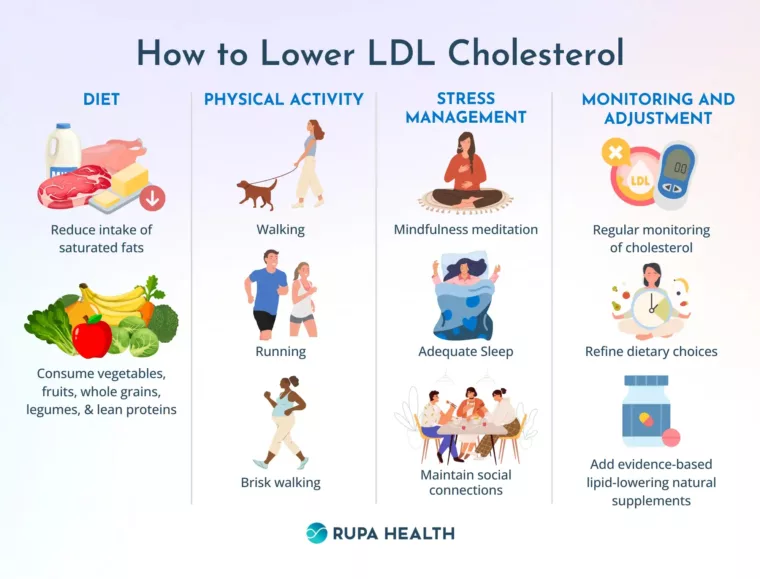
Positive Effects of Exercise on Cholesterol
Regular exercise has a positive impact on regulating cholesterol levels. Both aerobic and strength training exercises help increase HDL cholesterol and decrease LDL cholesterol. It is recommended to engage in at least 150 minutes of moderate-intensity exercise per week, which contributes to improved cardiovascular health. Exercise can help with weight management and stress relief, enhancing overall health. It is essential to integrate exercise into daily activities to maintain healthy cholesterol levels.
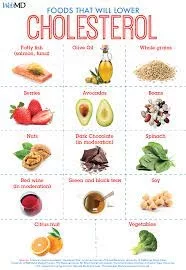
Managing Vascular Health Through Lifestyle Improvements
Improving lifestyle habits is essential for maintaining vascular health. A balanced diet, regular exercise, sufficient sleep, and stress management can help maintain healthy cholesterol levels. Avoiding smoking and limiting alcohol consumption are also important. Regular health check-ups to monitor cholesterol levels and seeking professional advice when necessary are advisable. These efforts can significantly improve vascular health and contribute to disease prevention in the long run.
